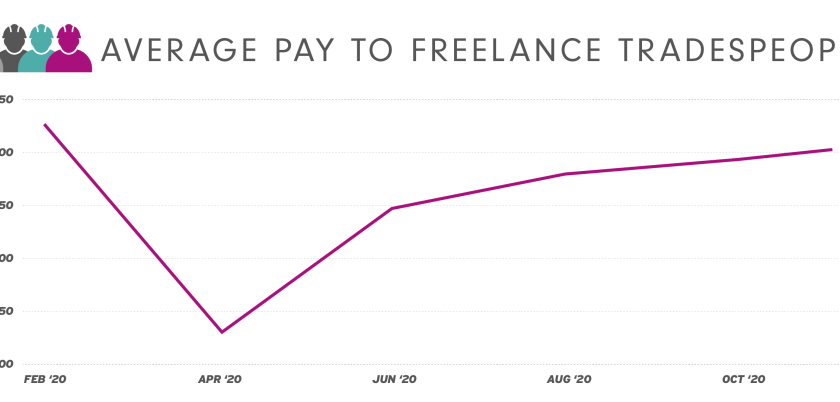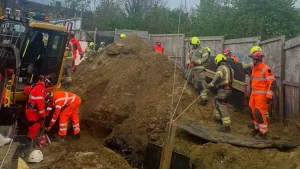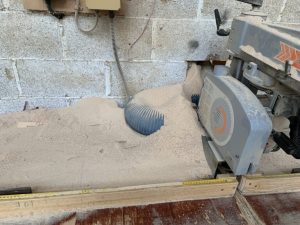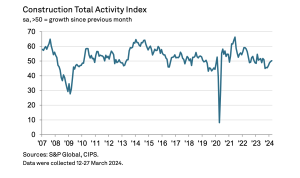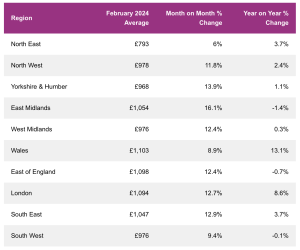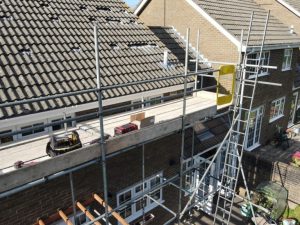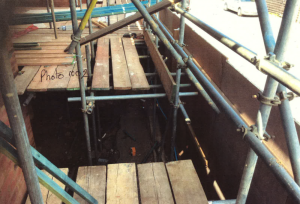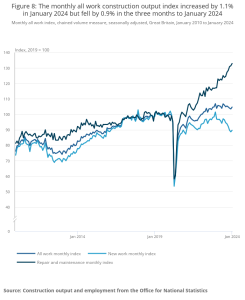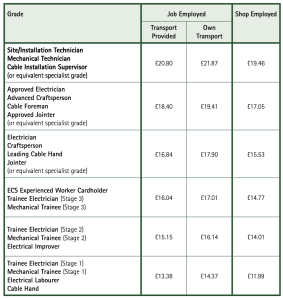Average weekly pay for subbies rose to £901
This post has already been read 385 times!
Some good news at last for bricklayers, carpenters, electricians and many other tradesmen and women with details that wages have risen despite the pandemic, Hudson Contracts has reported that during November wages rose by 1.2% to £901, the highest level since February.
As we can see by the chart below the best-performing areas for growth in wages were the north (up 8.4%), London (up 6.8%) and the southwest (up 5.3%) which will give many workers respite from a poor year with all the issues with Covid 19.
Ian Anfield who is managing director at Hudsons competed saying that: “It was business as usual for most construction firms last month as they continued to operate through the lockdown. Skilled workers who want to work are working. Others are staying at home and claiming the government’s self-employment income support scheme. Most of our clients are reporting a decent amount of activity and have already secured projects for next year.”
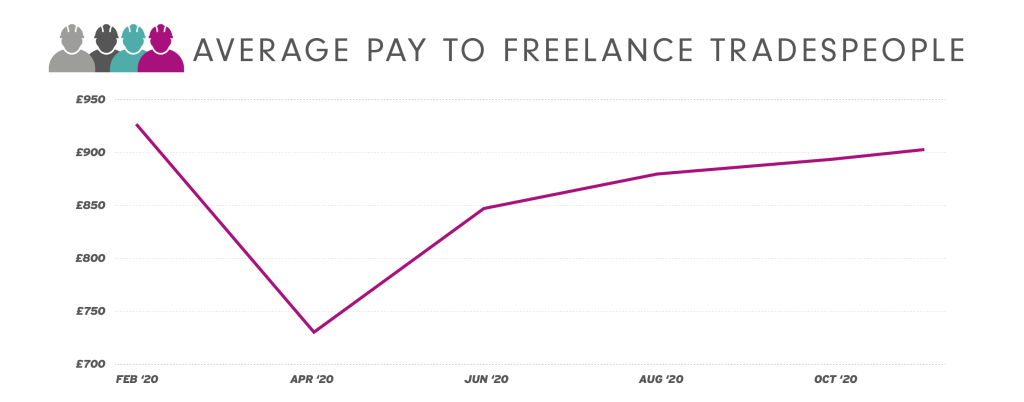
He continued to say that: “The housebuilding sector remains buoyant with support measures due to continue into the first quarter of 2021 and the government is committed to new infrastructure spending.”
Although Mr Anfield said that during the pandemic demand for labour on building sites has flattened off at 90% of pre-Covid levels it is also though that some workers are staying at home while that are receiving grants and furlough this could also be reducing the labour supply.

The labour recovery which has shown good demand which started in the summer has “reached the top of the V” in November, he said, and is now in a seasonal cycle ahead of the festive period.
Many employers and the British & Irish Trading Alliance (BITA) have reported labour rates are rising much more steeply, saying that too many construction workers were choosing to stay home. It said that the government’s decision to extend the SIPS or Self-Employment Income Support Scheme until the end of March 2021 and increase grants from 55% to 80% of earnings has been bad news for the construction industry. BITA member James Coffey, chairman of J Coffey Construction, commented saying: “As you can imagine the prospect of receiving up to 80% of income whilst remaining safely at home and without the requirement of traveling and working, proved extremely attractive to a lot of workers. We noticed quite rapidly this impacted our ability to deliver projects and quickly drove up our labour rates by over 25%.”

